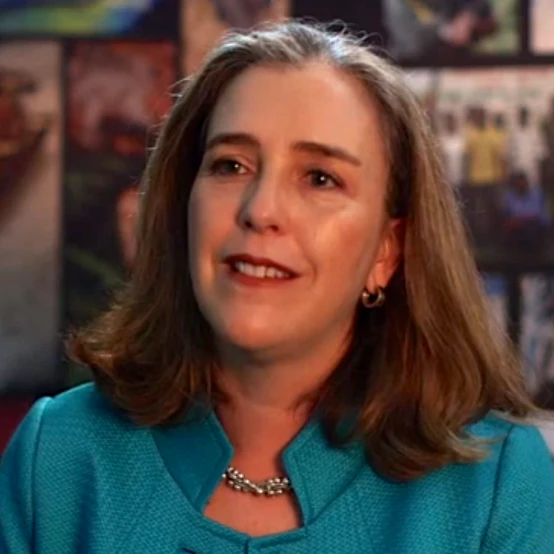 I’m pleased to see fish so high on the agenda this week. Whether in Brussels, where
European Fisheries Development Advisors Network (EFDAN) held technical meetings, or in Cascais, Portugal, where The Economist hosts its third
World Ocean Summit today and tomorrow, the future of marine fisheries and aquatic resources is being discussed at the levels it deserves.
I’m pleased to see fish so high on the agenda this week. Whether in Brussels, where
European Fisheries Development Advisors Network (EFDAN) held technical meetings, or in Cascais, Portugal, where The Economist hosts its third
World Ocean Summit today and tomorrow, the future of marine fisheries and aquatic resources is being discussed at the levels it deserves.
But let me make something clear on behalf of the World Bank: The focus on fisheries is a focus on creating pathways out of poverty that will keep people out of poverty and enable dignified lives. About 1 billion people in developing countries rely on seafood as a primary source of animal protein, and millions of jobs are linked to fisheries. Along the value chain, many of the jobs are held by women. The ocean is also a major sink for greenhouse gases and the fate of growing coastal populations is tied to the state of natural coastline defenses against extreme weather events. The emerging concept of blue economy and blue growth rests at the heart of our main development challenges: feeding, providing jobs to and generally improving the lives of a growing population in a changing climate.
We’ve come to this understanding over time. In 2009, the World Bank and FAO partnered to study the state of the global marine fishery. Based on 2004 data, we concluded that intensive and extensive fishing was deteriorating marine fishery resources and costing the global economy billions of dollars annually. It succeeded in raising awareness of a global crisis and spurred action. This year, we are updating the Sunken Billions study to see how far we’ve come along.
Preliminary results paint a mixed story. Since the time of the original Sunken Billions, many decision makers have responded to the crisis and adjusted fisheries policies, and responsible private sector players have changed the way they do business. The World Bank also changed its engagement in the fisheries sector. The World Bank portfolio on fisheries expanded from less than 100 million dollars in 2004 to about one billion dollars now, with a focus on strengthening fisheries management to benefit first and foremost small scale fishers and the poor.
The forthcoming study is based on 2012 data and finds that the global marine fishery has registered a modest improvement since 2004. Healthy fish stocks can increase benefits streams to families and to coastal and ocean economies, and the data indicate that there has been an increase in the net benefit of fisheries since 2004, even though there seem to be regional differences in the trend.
But the progress at the global level, though positive, is still too little and too slow. Even if the world took the most drastic measures to reduce the fishing effort, it would still take 20 years for the currently overexploited stocks to recover and the global fishery to reach the sustainable optimal state. In some cases, stocks have simply never recovered, nor the jobs associated with them. The great cod fisheries off the coast of Nova Scotia never recovered and the livelihoods of hundreds of fishing communities disappeared. The need for stepped-up action is clear. The study’s authors underline that if we dither, we will forgo economic benefits that could be fueling inclusive and sustainable development.
The challenge—and indeed the imperative—for the World Bank and its development partners is to translate hard economic analysis into policy and action that benefit our core constituents: the poor and marginalized; women who work along the fisheries value chain; generations that aspire to better living standards; developing countries that are dependent on fisheries for current and future growth. This will likely rest on a mix of governance reforms, financing mechanisms and further analysis to support greater public and private investment. I’m looking forward to discussions at the World Ocean Summit so that we find ways to turn fisheries—along with sustainable aquaculture, freshwater fisheries, nature-based tourism and other opportunities—into an engine of the coastal and ocean economies. Stay tuned for more.


Join the Conversation